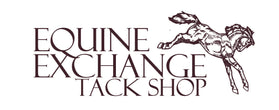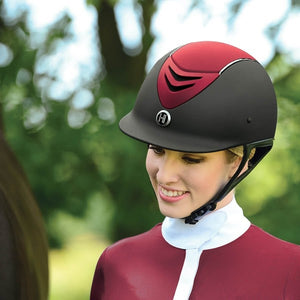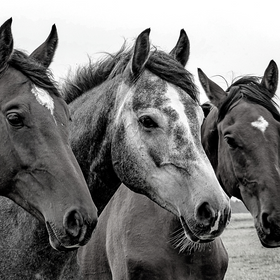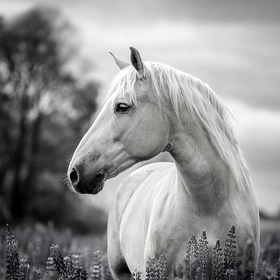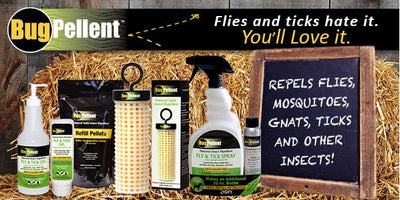
Trailering 101 - What You Need to Know Before Hitting the Road
Having a horse trailer gives you the freedom to take your horse to new and exciting places - trails, lessons, horse shows, clinics, and more. If you are new to horse trailering and horse trailer ownership, there are some important steps to getting ready to hit the road safely.
Packing
There are a few items you should ALWAYS have in your horse trailer, regardless of where you are going. Most of these items can stay in your trailer full time, which is helpful in case of a medical emergency where you’d need to trailer your horse quickly.
- Extra Halter and Lead Rope
- Medical Records - Coggins and Travel Certificate if you are traveling out of state
- Equine First Aid Kit
- Human First Aid Kit
- Water
- Buckets
- Extra hay
- Muck rake and muck bucket
Safety
Safe trailer loading involves checking the safety of the trailer and ensuring your horse is safe during loading, trailering, and unloading. After hitching up your trailer, double-check your hook up, emergency braking system, safety chains, and lights. Make sure your side mirrors are adjusted to accommodate the trailer length and any new blind spots and your tires are fully inflated.
Prior to loading your horse, check for hornet’s nests (these are incredibly dangerous for you and your horse in the confined space), open windows, adjust vents, load your hay net, and check your tie is secure. You want to complete all of these items before loading your horse as the banging and movement can make some horses nervous.
Loading
Before bringing your horse to the trailer, make sure everything is prepared for simple loading. You want to load your horse calmly and quietly. Whenever possible, ask for someone to help you secure the trailer doors after loading. It can be helpful to have the extra set of hands.
You can trailer your horse in a regular halter or a breakaway halter in case your horse falls in the trailer. You can either tie your horse and leave them free to move their head around. Whether you tie your horse or not will depend on your horse’s personality and other horses in the trailer. Free movement of both horsess’ heads can sometimes lead to scuffles in the trailer.
Some horse owners will use shipping boots or wraps during trailering. This is a personal choice and if you are unsure, speak with your instructor to get their advice.
Always double-check all trailer doors prior to departure. It is easy to miss a latch when you are busy getting everything else ready.
During Trailering
In general, you want to avoid giving grain to horses while on the trailer. On the other hand, hay can be very comforting for horses in the trailer and helps to keep the digestive system healthy and functioning during the trip. If you are concerned about dust in the trailer due to the hay, you can always wet the hay down or put a fly mask on your horse.
Make sure your hay net or hay bag is secure prior to starting your trip. A loose net can easily become entangled in a horse’s leg and cause injury. It should be adjusted high enough to allow the horse to eat, but not to come in contact with a leg if your horse paws.
Ventilation is very important during trailering to prevent respiratory issues. Open any vents and windows (if safe and appropriate) in the trailer during travel. If you are concerned with your horse getting too cold, you can put on a light blanket prior to departure. For summer trailering, try to travel during the cooler parts of the day to help keep the trailer cooler.
